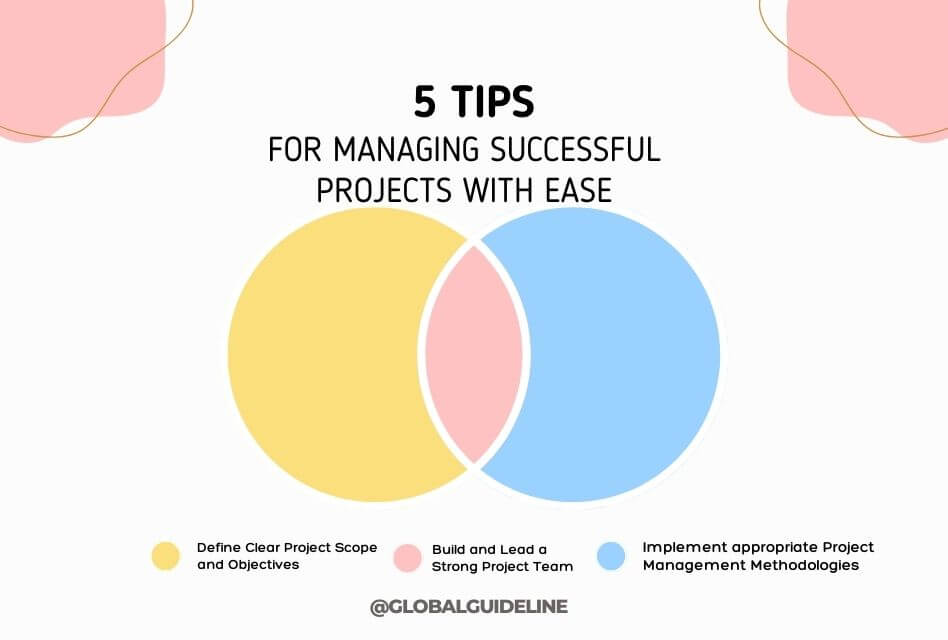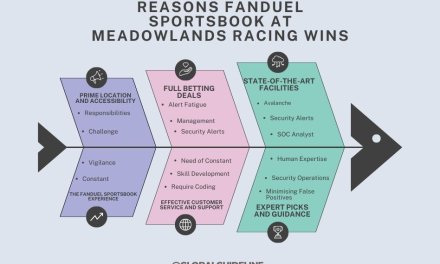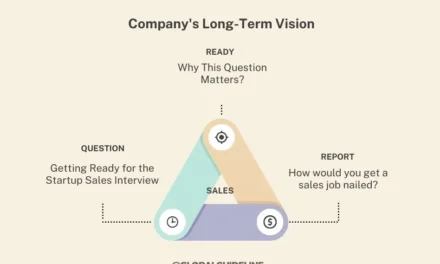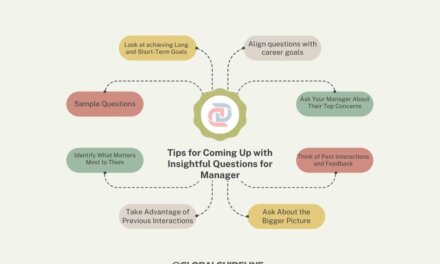Whether it is a big or small project, the management of successful projects is cardinal to the fast-paced business environment of today. Seasoned managers or newcomers, mastering the art of project management should spell out a difference in any career. This article will guide you through the top five tips for managing successful projects as you easily stay on track and achieve your targets.
Table of Contents
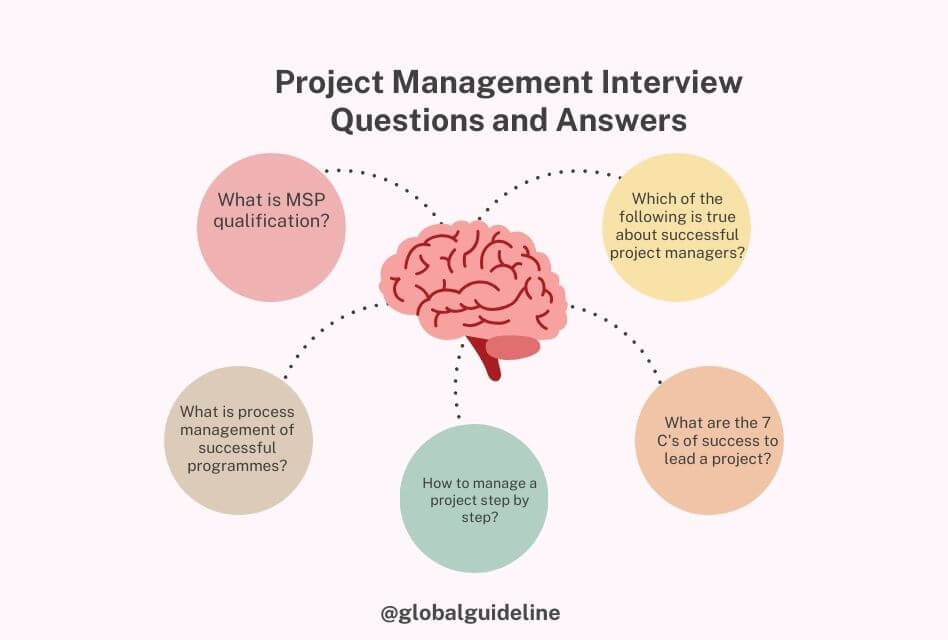
1. Define Clear Project Scope and Objectives
This may probably be the most critical step in managing successful projects-definition of the clear project scope and objectives. A well-defined project scope helps you avoid scope creep, which can derail even the best-planned projects. Here’s how you can effectively manage your project scope:
- Start with a Clear Project Plan: There should be a clear project plan with clearly defined project objectives, deliverables, tasks, and timelines. Such a plan acts like a roadmap outlining the progression of the project from initiation to delivery.
- Work Breakdown Structures: This is where a WBS breaks up the project into various manageable segments. It becomes easier to assign work tasks and measure the progress made against it.
- Involving Stakeholders: Engaging key stakeholders in defining project scope ensures that there is business alignment with goals and expectations.
Well-defined scope and objectives of the project provide the right basis for success in the project.
2. Implement appropriate Project Management Methodologies
Choosing the right project management methodology is the first step in the successful management of projects. There are hundreds of methodologies, and each suits specific types of projects. Here is a glance at some of the most popular project management methodologies:
- Agile: Suitable for a project that needs flexibility and iterative progress. Agile teams can respond rapidly and repeatedly in response to dynamic, changing business requirements and stays keen on continuous improvement.
- Waterfall: A traditional approach, more suitable for projects that have well defined stages or requirements. The process it follows is linear, from start to finish.
- MSP (Managing Successful Programmes): This method is intended to manage complex projects and programs. It focuses on the alignment of projects with strategic objectives and manages interdependencies.
The right methodology and understanding, in place with delivery, spell the difference between project success and failure.
3. Build and Lead a Strong Project Team
A good project manager knows that success depends on the strength of the team. Building and leading an effective project team demands:
- Selecting Suitable Team Members: Engage individuals who possess relevant skills and experience for the project. Determine if they will be able to collaborate with others and be committed to the project’s objectives.
- Creating Team Chemistry: Encourage open communication and collaboration among team members. Implement project management software to better communicate between members and work in unison.
- Clearly Communicate Expectations: Communicate each member’s role and responsibilities clearly. Regularly check in with how they are doing and provide assistance accordingly.
Leading a well-assembled team not only helps in managing successful projects but also creates a good working environment.
4. Follow Project Progress and Change Course As Necessary
Continuous monitoring of the progress of a project is the core of successfully maintaining a project. In this way, problems can be detected early and can be addressed to avoid drifting away from the set course. Some tips for successful project monitoring include the following:
- Apply Key Success Indicators (KSIs): KSIs represent the measure of project progress versus defined objectives. Some typical KSIs are measured in terms of adherence to timeliness, budgetability, and deliverables.
- Regular Status Meetings: Meet your team regularly and discuss what’s done, what’s challenging, and what needs adjusting. Thus, all members of the team are constantly aligned to the goals set by the project.
- Risk Management: Potential risks should be identified, and contingency plans developed. Review regularly and modify accordingly.
Active monitoring of project progress will ensure that your project is on course and yields desired outcomes.
5. Utilize Project Management Tools and Software
The modern digital age requires utilization of project management tools and software in running successful projects. These tools can make processes more streamlined, enhance better communication, and improve efficiency overall. Some popular project management tools are as follows:
- Microsoft Project: The tool is primarily used for creating detailed plans, tracking progress, and managing resources.
- Trello: This is a simple yet powerful tool to employ boards, lists, and cards to help teams organize their tasks and monitor progress.
- Asana is the right place for team work, task management, and track of projects. It helps teams to clearly set out priorities and deadlines.
There are many tools at your disposal, picking the right one for your project can make project management easy and efficient, and you’re able to spend time toward reaching your project objectives.
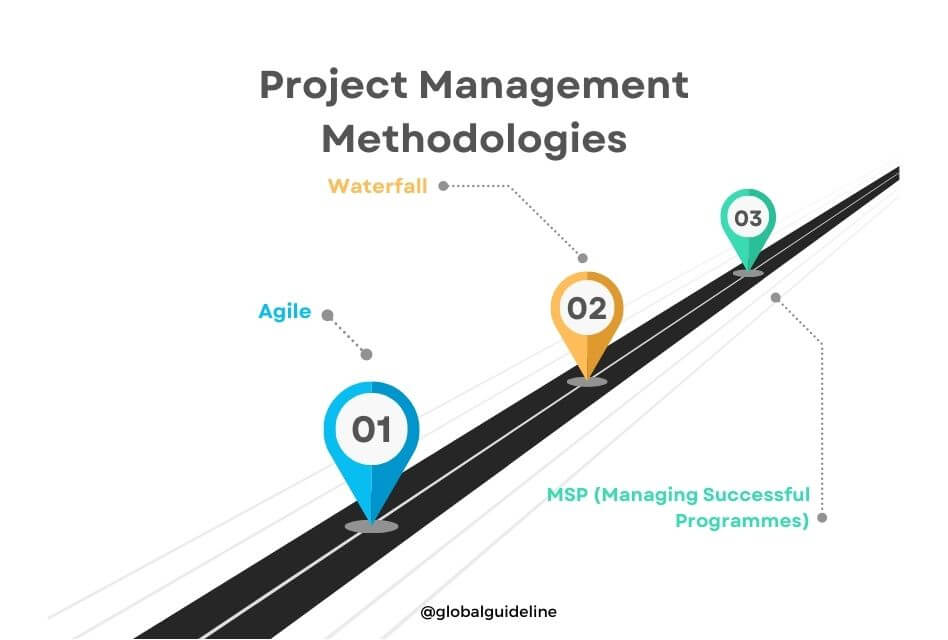
Project Management Interview Questions and Answers
Most likely, you will be questioned in an interview for a project management position, which will help the questioner to examine your ability in managing successful projects. Some of the typical questions and how to answer them can be reflected below:
- “How do you manage a project successfully?”
Focus on your approach to clear project objectives, right team selection, and the monitoring of progress to ensure success. - “What are the keys to a successful project?”
Emphasize the need for clear communication, sound risk management, and the right choice of methodology to use in a project management. - “What constitutes a good project manager?”
Good leadership and adaptability to situations with the ability to motivate people and manage a team. - “How do you succeed in managing requirements of a project?”
Explain with detail, the necessity for proper planning, stakeholder involvement, and continuous monitoring.
These questions assess your knowledge of project management and whether you are able to apply the same in reality.
Frequently Asked Questions
Q1: What is MSP qualification?
A: The MSP (Managing Successful Programs) qualification is an examination for program managers that directs the management of complex projects and helps them be in line with strategic business objectives.
Q2: What is process management of successful programmes?
A: This process defines objectives for a program, and the projects are aligned with those objectives, handles interdependencies, and, more importantly, it assures that the program delivers the expected benefits.
Q3: How to manage a project step by step?
A: First define the scope, form a team, then decide on a project management methodology, then create a project plan, and finally monitor progress constantly.
Q4: What are the 7 C’s of success to lead a project?
A: Clarity, communication, collaboration, consistency, commitment, competence, and creativity are the 7 C’s for success in any project.
Q5: Which of the following is true about successful project managers?
A: Good leaders, flexible, with their ability to handle teams and resources.
Q6: How do you manage successful projects in a dynamic environment?
A: Flexibility, Agile methodologies, and continuous adaptation to changes within the project environment.
Q7: What are the key success indicators in project management?
A: Success indicators in project management are when a project is completed within the time schedule, stays within budget allocations, meets up the quality standards set, and everyone goes satisfied with it and its after-products.
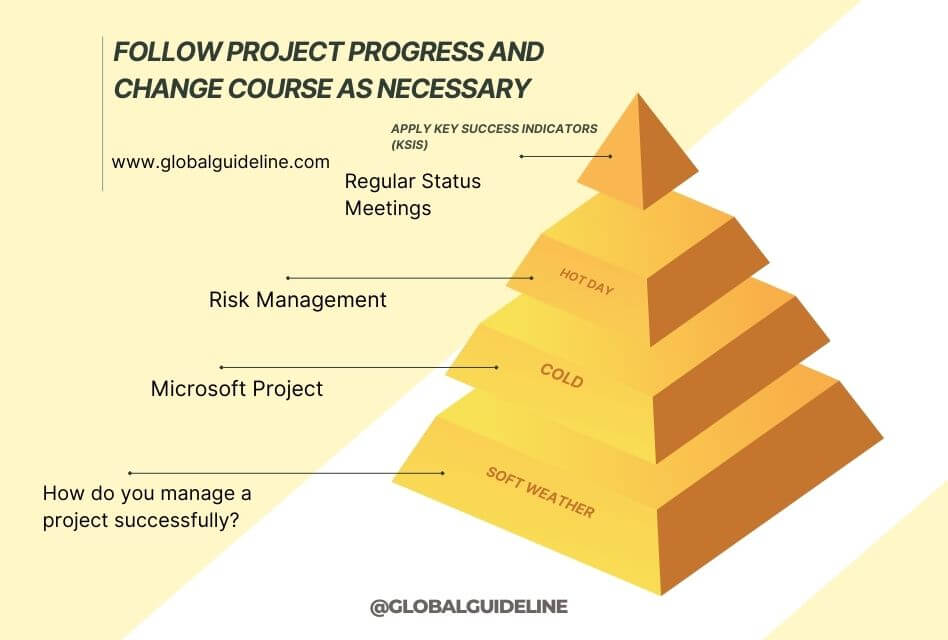
Conclusion
Clear planning, effective leadership, regular monitoring, and appropriate tools culminate success for projects. Follow these tips to enhance your current project management skills and be successful in your respective projects. Whether you’re a beginner in project management or looking to upgrade your skills for better results, these strategies will be able to help with the complexities of managing a project and its subsequent career goals for management projects. Remember, successful projects are not only about completing tasks; they’re about delivering value and achieving the desired outcomes for all stakeholders.
Related Posts:
7 Best Interview Outfits for Women to Impress in USA

